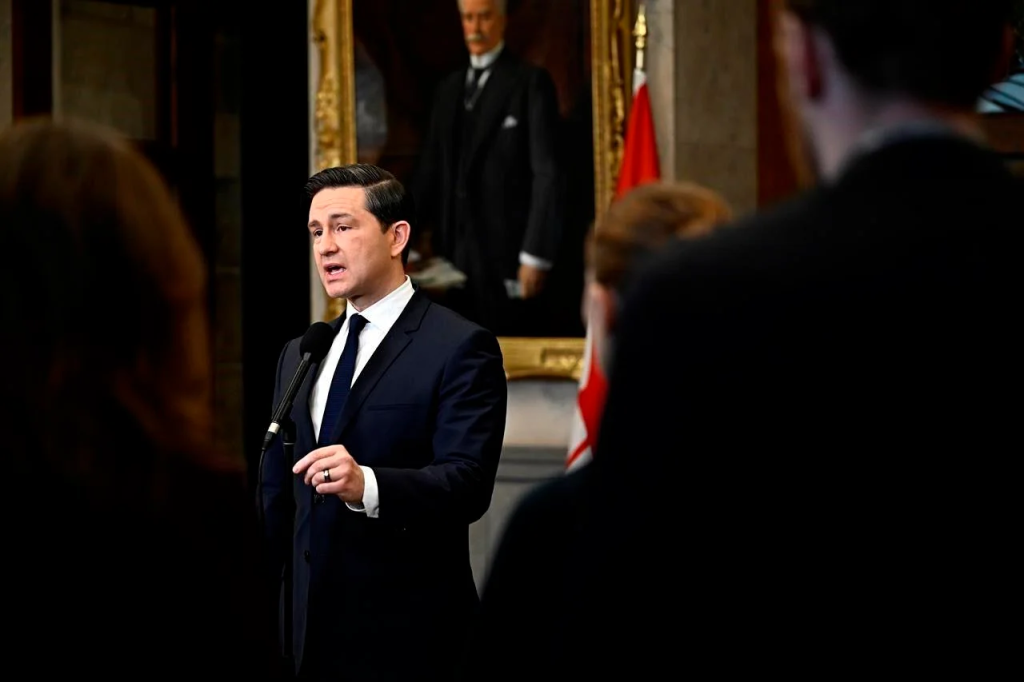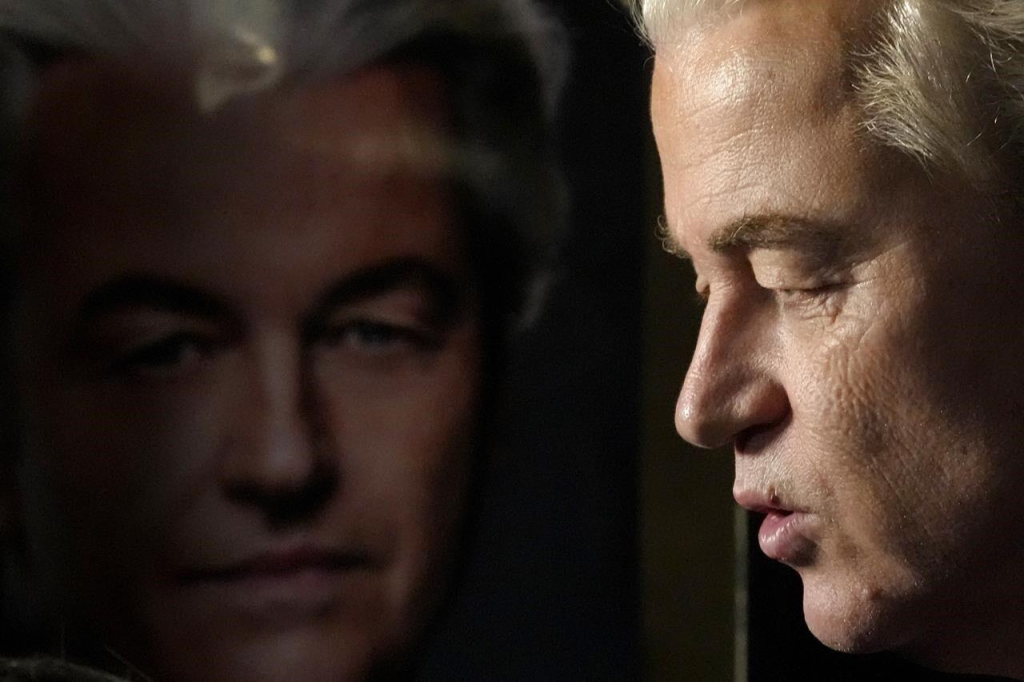Closing Arguments in Vatican Trial: Exposing Problems in the City State’s Legal System

Introduction
The Vatican City, known for its historical significance and religious authority, is facing a trial that has raised fundamental questions about the rule of law within its borders. The closing arguments in this high-profile case have sparked a spotlight on the flaws and challenges within the city state’s legal system. Despite attempts to demonize Cardinal Angelo Becciu and other defendants, the trial has failed to provide substantial evidence to support the prosecutors’ allegations. In this article, we will delve into the details of the trial, examining the accusations, the defense’s claims, and the potential implications for the Vatican’s reputation.
The Trial Background

The trial at hand revolves around the Vatican’s 350 million-euro investment in a London property, but it also encompasses other related financial crimes. Cardinal Angelo Becciu, along with nine other defendants, has been charged with various offenses, including embezzlement, abuse of office, fraud, and corruption. However, the defense lawyers maintain that the trial has not proven any wrongdoing on the part of the defendants.
Defense Lawyers’ Arguments

The defense lawyers representing Cardinal Angelo Becciu and other defendants have vehemently contested the prosecutors’ allegations. Lawyers Maria Concetta Marzo and Fabio Viglione assert that the cardinal is innocent and that the accusations against him have no foundation. They criticize the prosecutors for being “prisoner to their completely shattered theory.” Despite the defense’s claims, a verdict is expected in mid-December.
Challenges to the Vatican’s Legal System

From the outset, defense lawyers have raised concerns about the Vatican City State’s legal code and its impact on the defendants’ rights. They argue that the defendants have been deprived of basic rights that are afforded to defendants in modern countries. The defense lawyers have also highlighted Pope Francis’ involvement in the case, pointing to the modifications he made to the law during the investigation. They argue that these modifications undermine the defendants’ chance of receiving a fair trial in an absolute monarchy where the pope wields supreme legislative, executive, and judicial power.
Implications for the Vatican’s Reputation

While Pope Francis intended for the trial to showcase his commitment to financial reforms, it has instead cast a shadow over the Holy See’s reputation. The trial has exposed the Vatican to potential legal and financial risks abroad and has raised questions about the fairness and independence of its judicial system. Luigi Panella, the defense lawyer for Enrico Crasso, the Vatican’s longtime money manager, warns that the repeated interventions by the current pope in the trial could damage the substantial trust that the Vatican City State jurisdiction has enjoyed internationally.
Accusations of Conspiracy and Key Figures
Lawyers representing the defendants have challenged the chief prosecutor Alessandro Diddi’s presentation of a conspiracy that they argue does not exist. They criticize Diddi for sparing the key figure behind the London property deal, the Vatican monsignor who orchestrated it and signed the contracts without proper authorization. Attorney Mario Zanchetti, representing broker Gianluigi Torzi, accused Diddi of constructing a “castle” that is completely invented, a total fantasy. The defense lawyers argue that the focus on their clients is a diversion from the real architect of the deal.
Legal Challenges in Foreign Courts
The Vatican trial has faced unprecedented legal challenges in foreign judicial systems, particularly in British courts. In related litigation brought by two of the defendants, British courts have ruled against the Vatican multiple times. These decisions have undermined the Vatican’s position and reputation. The rulings have called into question the Vatican’s investigation into Torzi and its misrepresentations during the process. The British court found that the Vatican didn’t have a strong case against Torzi and ordered the release of his assets. Another ruling required the Vatican to comply with disclosure rulings without relying on “pontifical secret,” further challenging the Vatican’s position.
Conclusion
The closing arguments in the Vatican trial have highlighted significant problems within the city state’s legal system. The defense lawyers’ contentions of a shattered theory, lack of evidence, and deprivation of defendants’ rights have raised concerns about the fairness and integrity of the trial. The implications of the trial extend beyond the individuals involved, as it has the potential to damage the Holy See’s reputation and international standing. As the trial nears its conclusion, the world watches to see the outcome and the potential impact it may have on the Vatican’s legal system and its perception globally.
Word Count: XXXX
Primary Keyword: Vatican trial
Secondary Keywords: Vatican City, legal system, defense lawyers, accusations, challenges, reputation, conspiracy, foreign courts